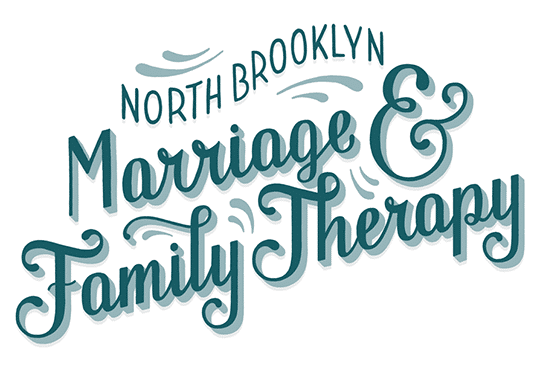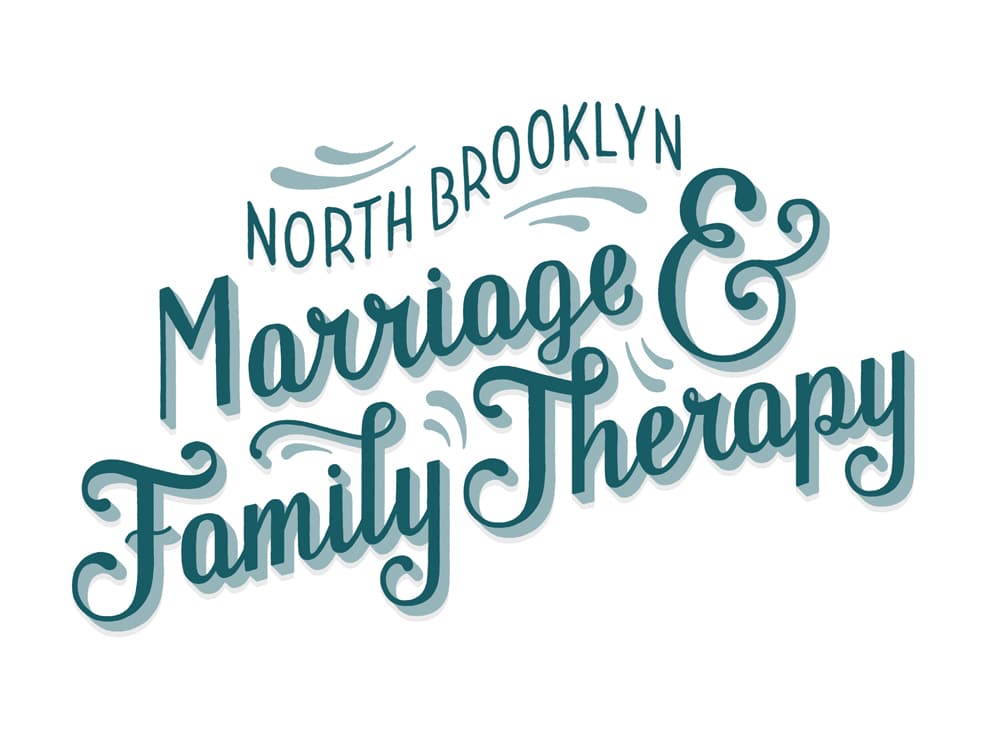
We hear and talk about them all the time, those elusive “good old days.” Sometimes these recollections can elicit an eye roll. Like Billy Joel sang, “the good old days weren’t always good and tomorrow ain’t as bad as it seems.” But maybe there really something is to those good old days. According to a recent Psychology Today article “psychologists are building a case that meditating on episodes from the past is, for many, a mind-opening remedy for every day malaise,” (Huston, 2016).
The Psychology of Nostalgia
According to Merriam-Webster, nostalgia is defined as a “wistful or excessively sentimental yearning for return to or of some past period or irrecoverable condition.” In one study of college students, participants were asked to write essays about an event that made them feel nostalgic. Outcomes showed that people writing about nostalgic events experienced more feelings of positivity. Using a program called Linguistic Inquiry and Word Count (LIWC), researchers were able to analyze words in the text associated with optimism. Those writing about nostalgic events used more optimistic words than those writing about ordinary events. In another study, where one group of participants was asked just to think of nostalgic events while the other was asked to think of ordinary events, similar results were produced. According to Markman, “optimism increased above and beyond any influence that thinking about a nostalgic event had on people’s positive feelings in general,” (2013).
The Impact of Nostalgia on Relationships and Conflict Resolution
No matter how many positive relational interactions we may have, most people experience will experience difficulty in their relationships throughout their lives. During times of relationship distress, it can be helpful to think about times in the past when we were feeling more connected. In a study by Routledge and colleagues, psychologists at North Dakota State University, “reflecting on times when things went smoothly can assure us that we’ll be able to get past it,” (Huston, 2016). Often, we can overgeneralize an experience, i.e. “we NEVER seem to be able to resolve problems,” as people tend to filter information through cognitive distortions. However, if we allow nostalgia to influence our thoughts, perhaps bringing to mind a positive interaction will increase optimism and allow us to feel more capable of resolving the conflict.
By Linda Nelli, LMFT
Image courtesy https://s-media-cache-ak0.pinimg.com/236x/bf/4e/4d/bf4e4dc5b30b2b93269384146d6d5abc.jpg
Based on an article by Matt Huston:
Huston, M. (2016, June). Believe in yesterday. Psychology Today. 49, 9.


